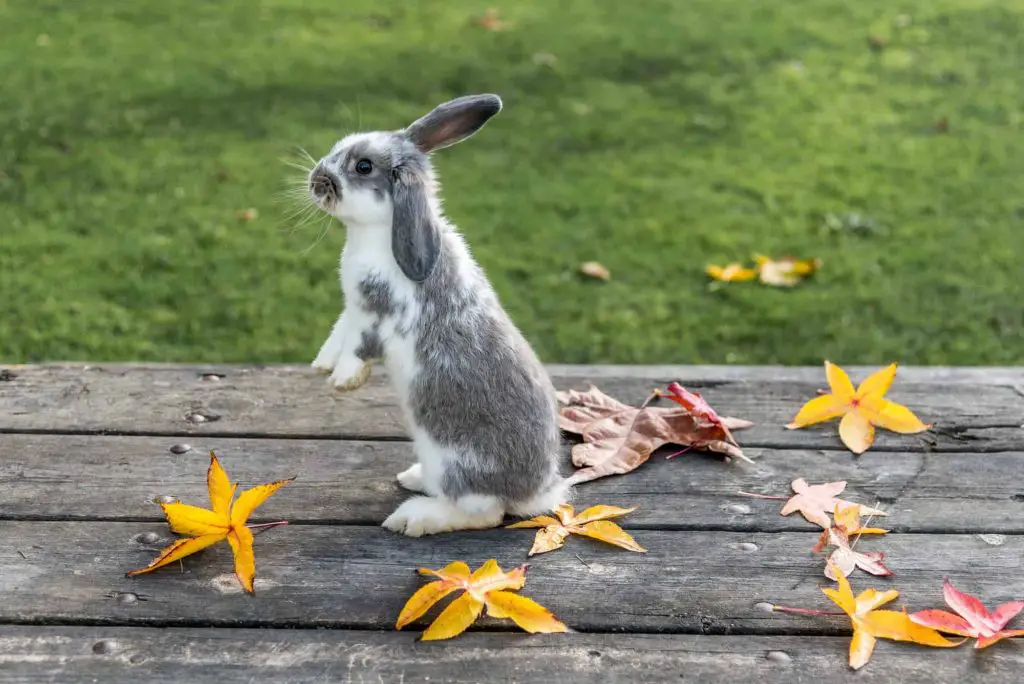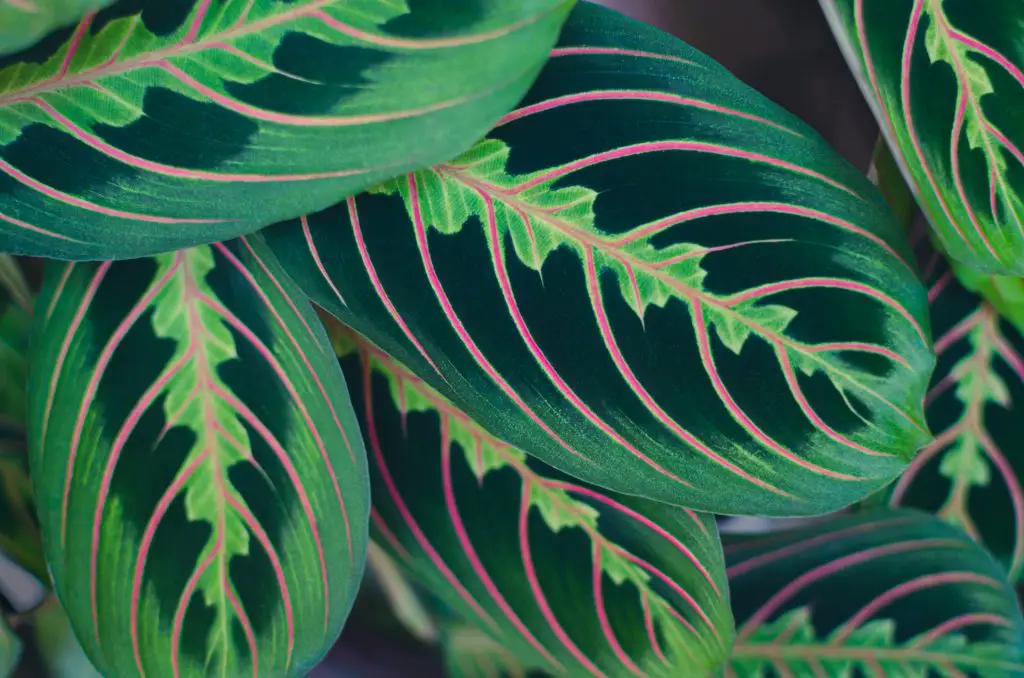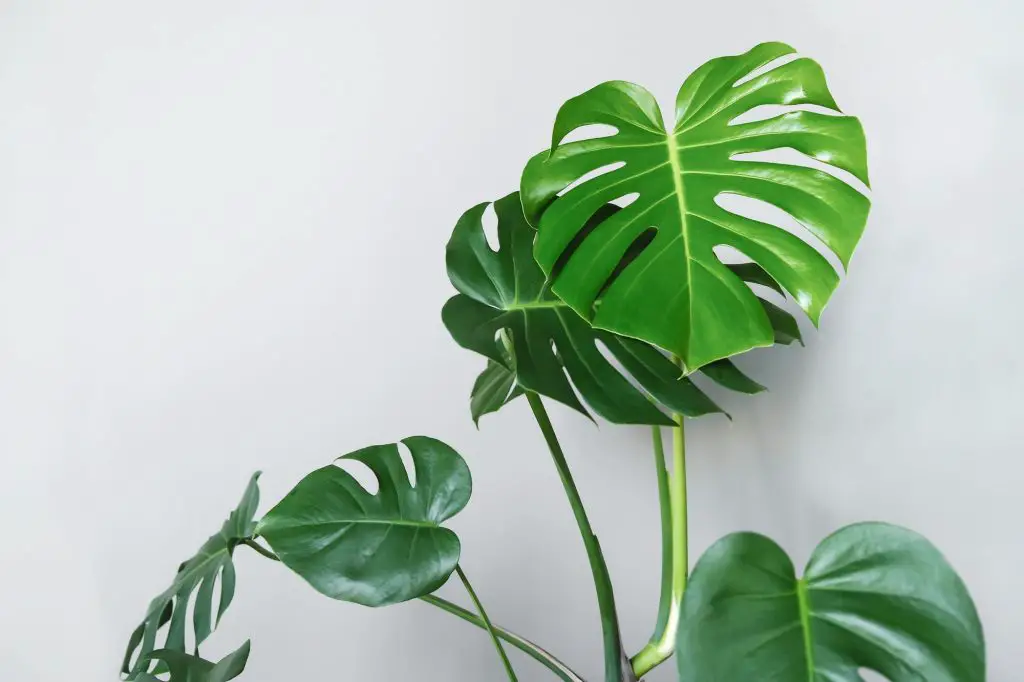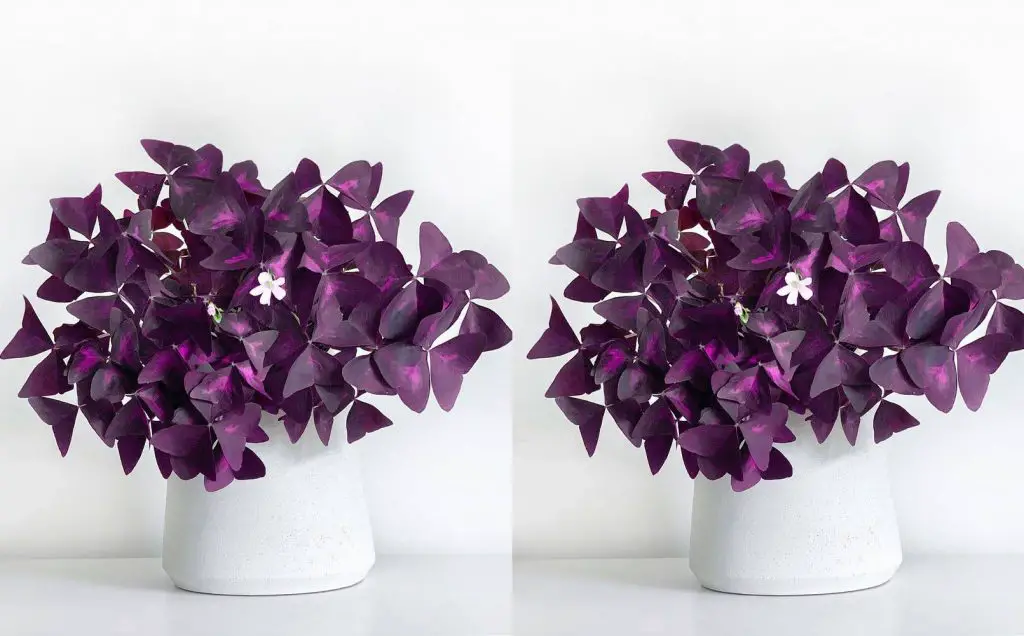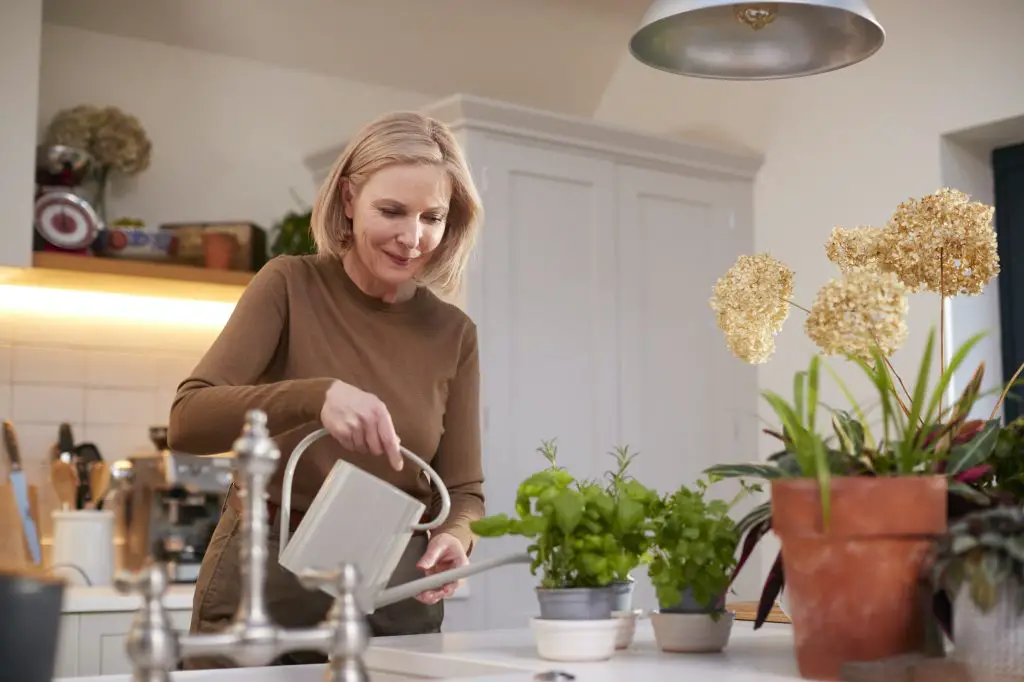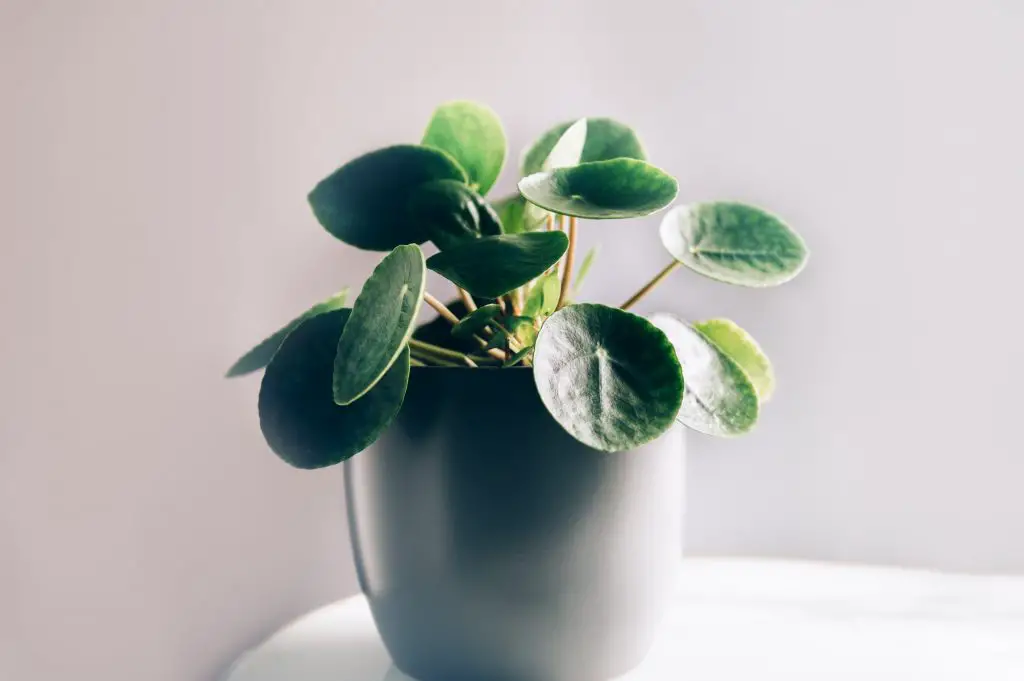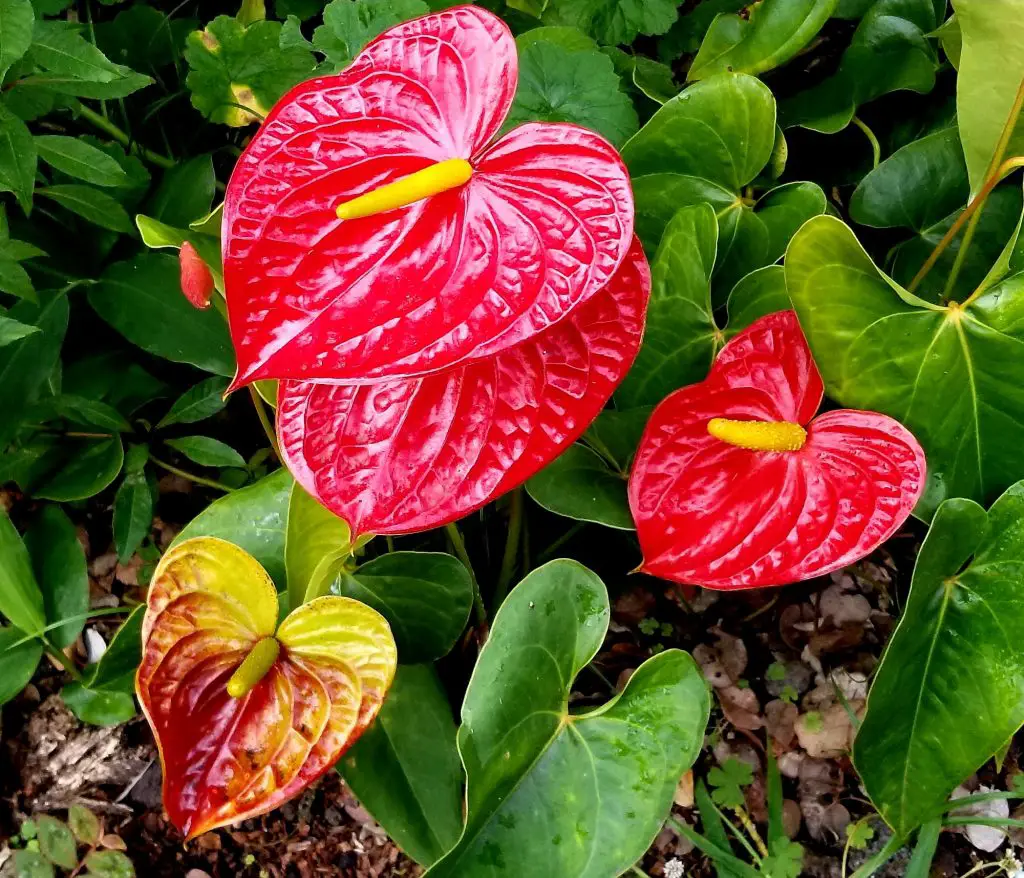Croton plants have transitioned from just being a favorite amongst house plant growers to claims of being used for medicinal purposes.
This distinct utility of its medicinal benefits has caused a dilemma in regards to the toxicity of crotons to humans and especially pets. Some houseplants have been identified as toxic to both pets and humans. Although toxicity differs in house plants, it is advised you study the nature of your house plant before propagating it.
Can my pets eat crotons? Is croton toxic? What happens if my pets eat crotons? These are common questions that crop up on the decision to propagate croton plants, especially while breeding pets.
Table of Contents
Do Rabbits eat Croton plants?
Rabbits are known for nibbling at leaves they find around them so there is a high possibility that if you grow crotons while breeding rabbits simultaneously, they are likely to eat them. Yes, rabbits eat crotons because they have the ability to nib at leaves but they should not be allowed to because crotons can be very toxic when ingested.
Research has proven that rabbits cannot vomit so the signs are easily detectable after ingestion.
Since rabbits are incapable of vomiting, it can be really dangerous for rabbits to ingest toxic plants. How do you grow crotons and breed rabbits simultaneously? What happens when your crotons ingest crotons? What should you do when your rabbits ingest crotons?
This article encompasses information you need on growing crotons and breeding rabbits simultaneously and what to do when a challenge crops up.
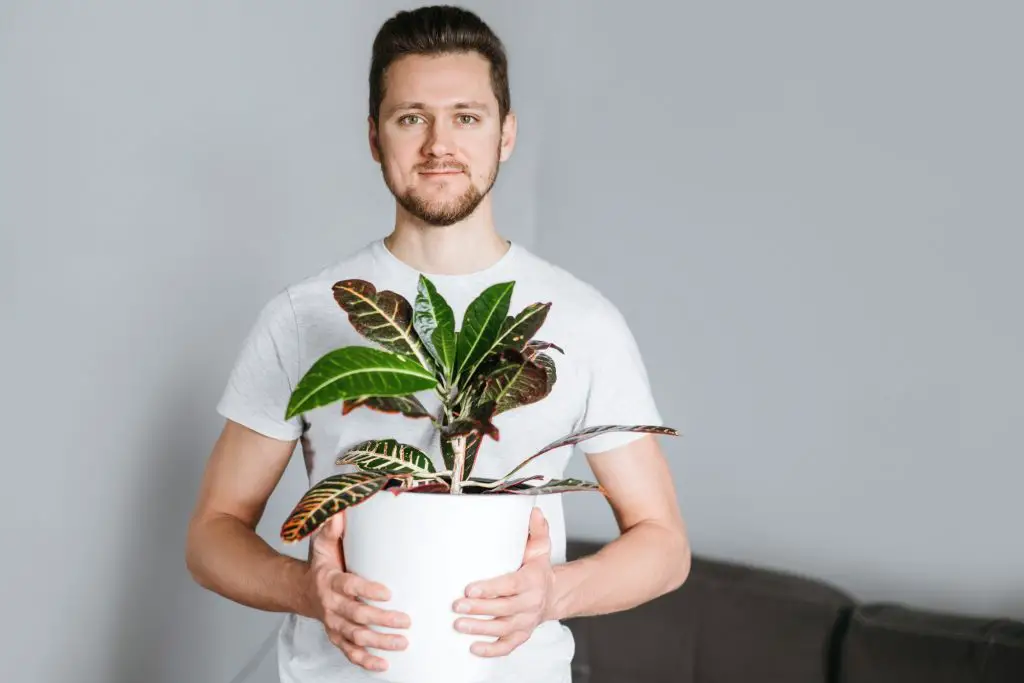
What happens if your pet rabbit ingests croton leaves?
Some rabbits maybe not be affected when they ingest croton leaves, although, this is dependent on the amount they have ingested. This is what may happen when rabbits consume large amounts of croton plants
1. Change in appetite
Rabbits are known to chew on anything they find. A change in appetite is the first sign you should look out for when your rabbit ingests crotons.
Gastrointestinal problems can lead to a change of appetite in rabbits. This often leads to Rabbit not eating. However, you can improve their appetites with fresh parsley, freshly picked grass, and dandelions, milk thistle, or brambles.
2. Diarrhea
Rabbits are known to pass out dry fecal pellets which are hard and round with visible pieces of hay. Diarrhea occurs when there is a change in bowel movement.
Rabbits are easily prone to intestinal inflammation which may manifest in diarrhea. Look out for change in the bowel movements of the rabbit. An indication of this is a change in the texture of fecal matter and feces becoming watery. This could be life-threatening if not managed appropriately.
3. Bloating
It is caused by a blockage in the gastrointestinal tract and could be life-threatening if not addressed immediately. A sign your rabbit is bloated is that it would stop eating, defecations would stoop and the rabbit would appear very tired.
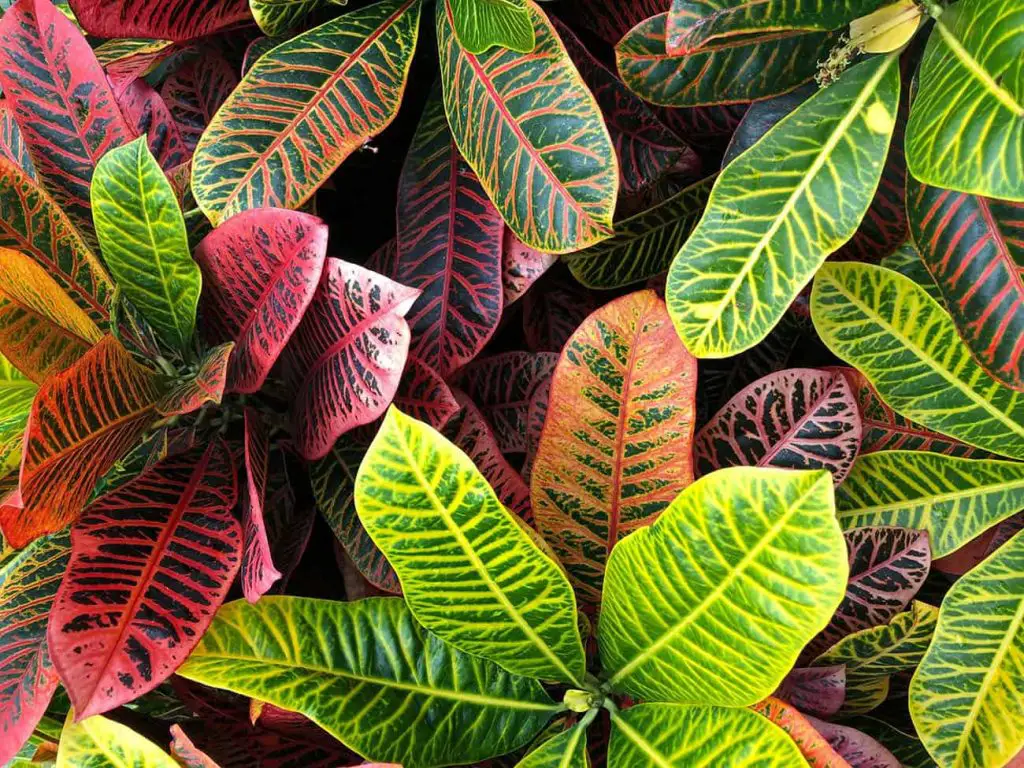
As the condition continues, signs of abdominal pain such as a hunched posture and reluctance to move may be observed. As the stomach enlarges, it may compress a number of vessels which could be dangerous for the rabbit. It could also get to a point of eruption.
This symptom should not be taken with levity.
What to do when your rabbit ingests croton leaves?
Upon detection of ingestion, the following steps should be taken:
- Rinse the mouth of the rabbit to rid it of leftover croton leaves.
- It is very important to gauge the number of croton plants the rabbit ingested
- Keep a close look on the rabbit for as long as 48 hours. During this period, you are expected to look out for significant change in the rabbit as regards its stool and appetite. In the case of a stomach upset, the rabbit can be treated with activated charcoal and an adequate dose should be added to the rabbit’s food and water. This helps reduce the effect of the toxins.
- In case of loss of appetite, feed the rabbit with mixed vegetables using a syringe. If the rabbit is starved for long, the intestine would fill with gas which can be painful. Avoid feeding your rabbit with pellets in this period.
- Provide the rabbit with a sufficient amount of water.
- In severe situations, if the rabbit is suffering from seizures, move the rabbit to a cool and dark environment.
- If any serious change occurs and the mild treatments do not seem to be effective, you are advised to see a vet immediately.
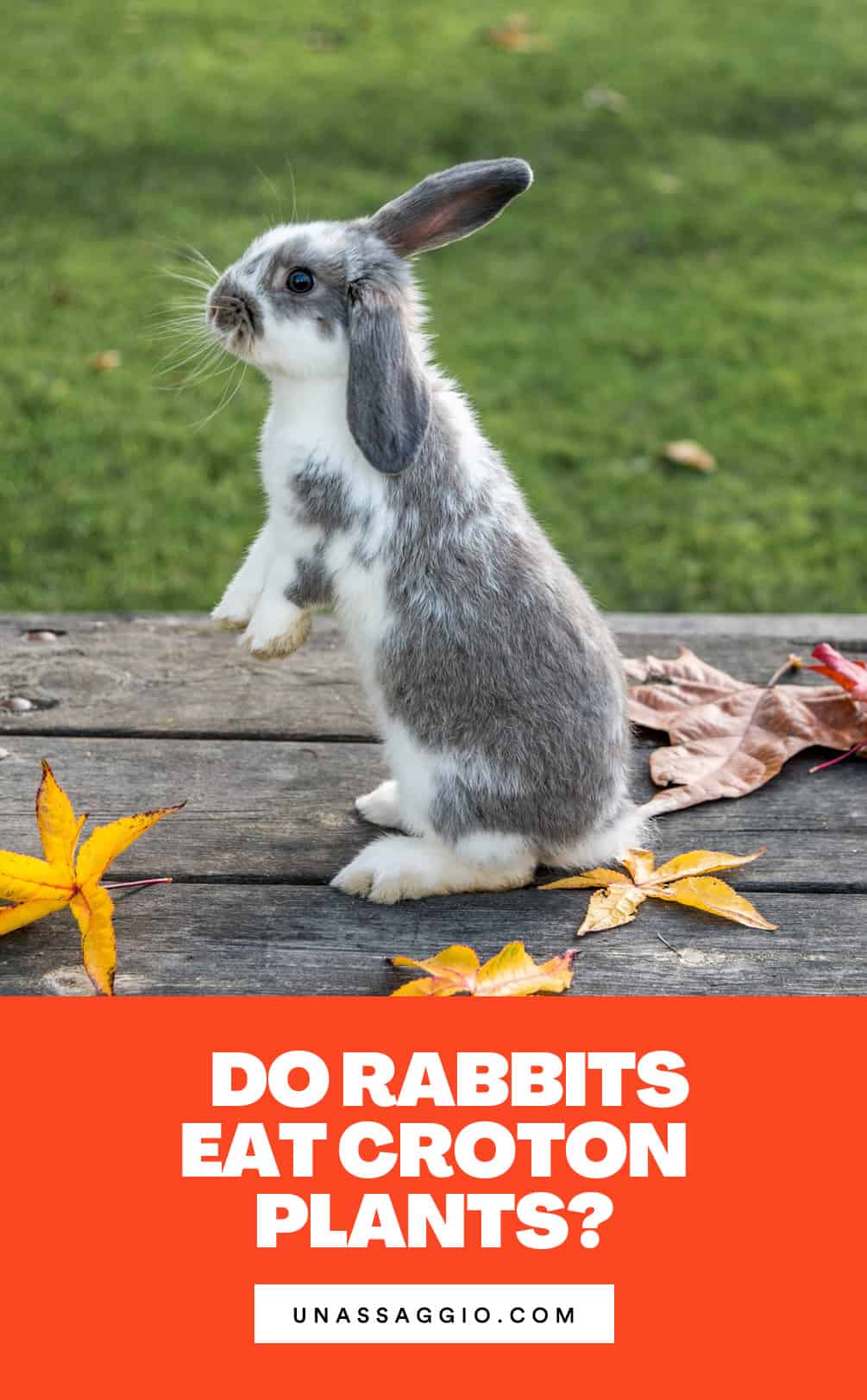
How can you prevent rabbits from eating croton plants?
- Rabbit repelling sprays. Make use of insect repellant garden sprays that contain garlic odors would prevent your croton from being nipped at by rabbits. Spraying after rainfall keeps the spray odor for a longer period. Ensure the spray used is suitable for the croton
- Employing the use of motion sensor lights, water sprays are effective.
- Installation of Rabbit-proof fence. Installing a fence keeps your rabbit away from your croton garden. Hammering some stakes and wired fencing would do a perfect job in keeping the rabbits out. Block underground pathways for rabbits since they dig and do not jump.
- REPELS DEER AND RABBITS: Deer and rabbits do not have to eat vegetation for the repellent to be effective. They have a natural aversion to the scent
- RAIN-RESISTANT: Granules starts to work immediately
- HARMLESS TO PLANTS AND ANIMALS: Will not harm plants and animals when used and stored as directed
Prices pulled from the Amazon Product Advertising API on:
Product prices and availability are accurate as of the date/time indicated and are subject to change. Any price and availability information displayed on [relevant Amazon Site(s), as applicable] at the time of purchase will apply to the purchase of this product.
Conclusion
It is important that you are well equipped with information on how to propagate crotons and breed any pet of your choice. Much as protective measures would be adopted to shield your crotons from rabbits, ensure you emergency treatments in case if ingestion occurs.
It is recommended that active charcoal is available in the environment you are growing your croton plants and breeding your rabbits.
Read more on crotons:

